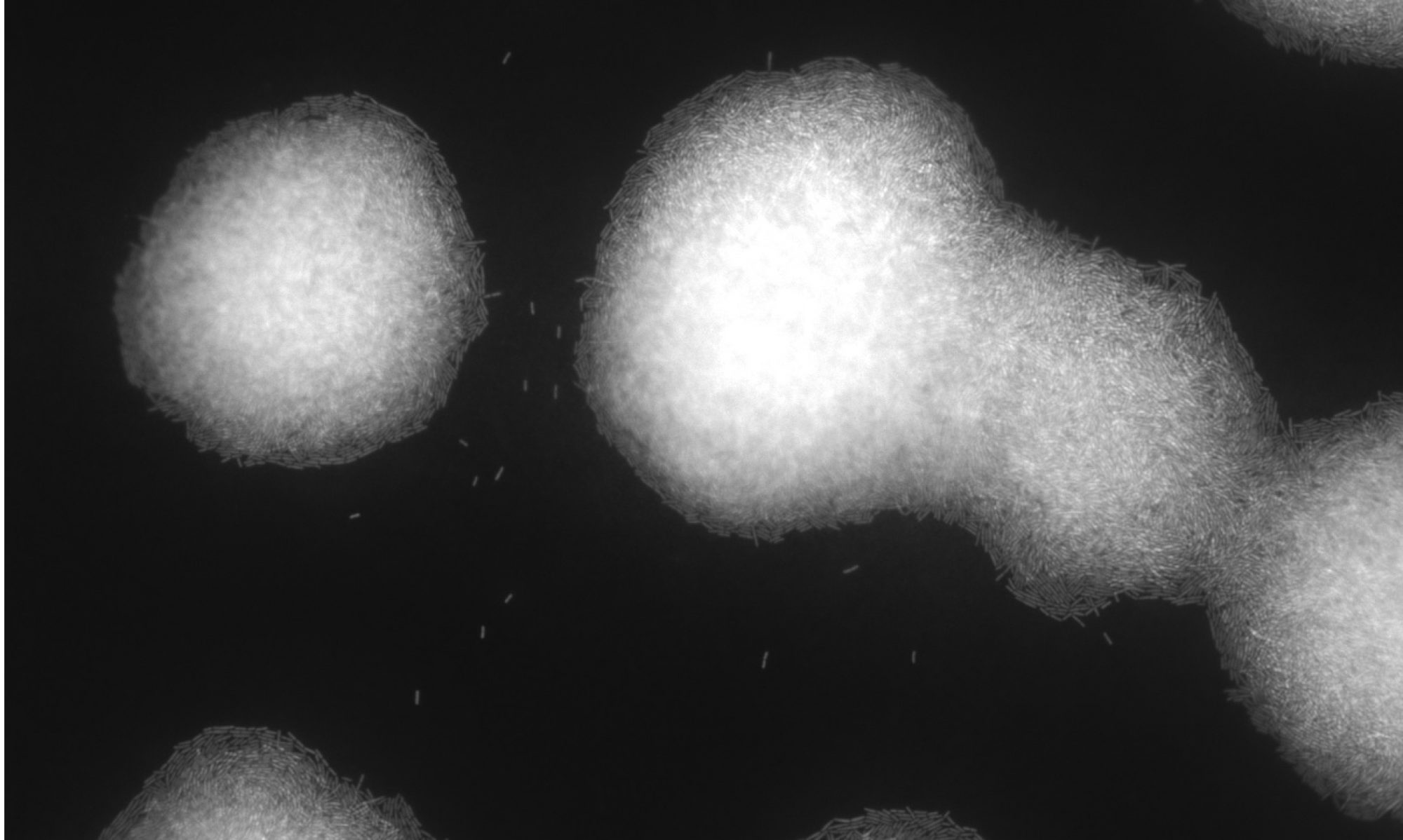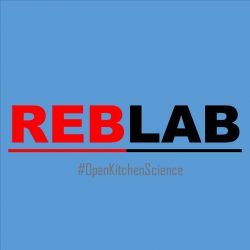This is a talk I gave to a conference on Higher Education april 2017 where I spoke extensively about my ambitions for Open Science.
I am 32 years old. Last year, when I left my postdoc project in the USA, was the first time since in my adult life that I was outside of academia. No longer did I have an .edu account that provided access to literature. For the first time there was no research anywhere closeby, there were no working groups, literature discussion, or practicum, I was not surrounded by students, I was not surrounded by that exciting vibrant atmosphere, thick with curiosity, and I hated it.
I hated every part of it. And I realized that when you leave academia, you’re really out, There is no fluent transition, you’re in or you’re out. You don’t know how high the walls of the academic bubble really are, until I found myself outside.
I am a microbiologist. I studied here in Delft and in Leiden, did a PhD in Amsterdam and then I continued as a postdoc at Washington University in St Louis Missouri, where I worked on vaginal microbes, lactobacilli but also other bugs. But I am also a writer, a communication specialist as I like to call it myself. I write a weekly column in NRC Handelsblad. Last year when we came back from the USA and I worked on a book. That is finally here. It’s called Ode aan de E-nummers, it’s on a hobby of mine, a side project, food technology, and I will spend the coming weeks promoting it.
The big question is, what to do now. Am I going back to science? There is a pull and a push factor. The pull-factor is clear. I love science. I love the excitement of understanding how the chemistry of life works. This is the best job in the world.
But there are also push factors. I love how free I am as a freelance writer, to just say whatever the hell I want, to communicate freely, on my own, just push the send button, without first having to consult 7 co-authors, and three anonymous peers. I just love pressing the send button. As a scientist you’re not free like that. Publishing in the right journals is essential for success. In the academic monetary system, high impact peer-reviewed publication are currency. Scientists are therefore keeping their cards to their chest. Often you hear people say: You don’t want to give full openness, because what if somebody takes your research and uses it, and then I ask: isn’t that the whole purpose of science?
In higher education you are slowly breaking down the walls of academia. I was able to follow a Massive Online Open Course on Computer science and bio-informatics from home. I believe real progress is being made on that aspect. But on the other side of academia, the research part, we’re lacking behind. We are still waiting for the digital revolution in academic publishing. The only way you’re able to follow science when you’re outside academia, is through peer reviewed articles in journals, and then only when they’re open access. That means that when you’re outside the bubble, you can only follow your field with a few years of delay, because that’s how long it generally takes for research to make it into a paper. Now there are other ways that scientists communicate with each other of course.
When you go to conferences and see rows and rows of carefully crafted posters but you never see those posters online, they’re never published. they are only meant for the handful of lucky ones who happened to be present at that conference. Why don’t we publish them? Publishing one of those posters online, on social media or a blog or researchgate doesn’t result in an impactful publication, with an impact factor.
It’s funny I follow many scientists on Twitter. I know what their children look like, I know what music they love or where they go on vacation, but I rarely here what they are doing in the lab. When they go to a conference I see pictures of the beaches, I see puctures of them drinking beer with their peers, but I don’t see their slides, I don’t see a video of the talk, I don’t see the poster. Sometimes they ask each other questions, mostly around scientific trivia or funny side projects in their lab: what is this bug? Why does it look weird? Or they ask: what is the best software to study this problem? Rarely do they see: look what I found. Here is some fresh knowledge, straight from the lab. It is very disappointing how much openness social media has brought to science. It is still a very closed system. It’s rigid, it’s institutionalized and it’s all done behind very high walls, invisible to the outside world.
So I want to go back to science, but only when I am free to do open science. Not only open access, not only sharing raw data, and materials. But real open science. Compare it to vloggers. You know those people that share hour-long footage on the regular, banal activities like how they put on their make-up or drive their car or cook their food, even eat their food. That is exactly how I want to do science. I want to publish ALL my findings. The whole process. Every method, everything that works or doesn’t work. Every assay I am trying to develop. Every question I have, Every experiment, no, every thought of an experiment and just write it down and put it online, by myself, without having to consult with anyone. I want my work to be open and free for everyone. Any social media or blog is fine, I don’t care about the form. I care about the content. It just needs has a proper comment section.
I am calling this project RebLab, and the type of science I call radical transparent science or OpenKitchenScience.
Now don’t get me wrong. I believe peer review is very important to maintain a high standard of scientific quality. At the same time I think we’re overdoing it. It’s starting to hold us back. I don’t believe it is necessary to apply this gold standard to every single piece of data or result that we share. I believe we should be publishing micropublications. For instance: Look these bacteria indeed are not able metabolize this important carbohydrate. Negative result, important result. After two weeks of trying I finally learned how to dissolve this stupid reagent called blue amylose. This stuff should be shared. Maybe it fits in a tweet, maybe in a small update on my labs website, maybe on a blog, or on researchgate, accompanied by a video, or a picture paragraph of text. We learned that certain strains of Gardnerella vaginalis only produces L-lactate, not D-lactate. We’re probably never doing anything with this, it is just knowledge floating around in the lab, but it belongs to the public. It doesn’t needs peer review, it needs a proper comment section for open discussion like every social medium has nowadays.
Only when you are ready to draft a bigger story, where you link this L-lactate to a lactate dehydrogenase, and a gene and transform it and study it and want to claim to understand the mechanism en conclude bigger things about it, there is no doubt that at that moment you should apply rigorous peer review invite independent researchers to comment on your stuff, anonymously or not.
But the experiments that are leading up to that paper, I want to post them online. Liveblog my research if you will. Like vloggers, overshare.
So. In February I went to Prof Remco Kort, both TNO and VU, and I proposed to him to do a project on carbohydrate metabolism of vaginal microbes. I basically want to know what the lactic acid bacteria that colonize the human vagina, what they eat, what material to use to convert into lactic acid and acidify the vagina. That’s my research question. That question has been haunting me for a few years now. And that question also has his interest.
And then I said but it’s not a normal research project. It has to be radically transparent, it has to be open kitchen science. And he said: sure.
Sure? I expected to run into a plethora of problems. This was radical right? Suddenly I doubted the rebellious nature of this endeavor. Hello? I want to publish science on a blog, I want to publish my posters unreviewed. Where are all those walls I need to break down. He said: fine.
Then I asked a few scientific journals, the ASM journals that we, microbiologists normally publish in. I asked what if I prepublish my experiments, would you still consider it for your journal. This is important because any collaborations or students who want to work with me, might still need papers for their CV. And at some point I do want to have stuff reviewed by colleagues. And you know what the journals said? Fine.
Then we went to the safety officer to ask if we could do open kitchen science, and she said fine. And then we went to the communication department to ask if we could do openkitchen science and they said great. And then we went to the head of the department to ask if we could do openkitchen science, and he said: “great”.
It went surprisingly smooth. No big hurdles yet. It really looks like this whole system of holding your cards close to your chest, where the default is to not share, that this system is mostly cultural. I learned, that there are no rules that stop you from sharing. So why didn’t we just write on Facebook or on a blog or on Researchgate that this strain of G vaginalis only produces L-lactate. Because that’s just not the way we do things. We humans are herd animals, and we do what the other people do. Scientists are no exception to that rule. We have strong culture and social norms about how you behave in this academic setting. That in my view is the most important reason why we don’t open up more.
A lot of the hurdles of openness, of communication if you will, are in our minds, the barriers are mostly imagined, they are in our head, and they are holding us back. I am very determined to fight this standard and to change this culture because it is not good enough. Especially if you are a publicly funded scientist. I believe we should open up are labs to the outside world. It should be standard procedure to overshare. After all, there is no such thing as Too Much Information in science.
Thank your for your attention.

